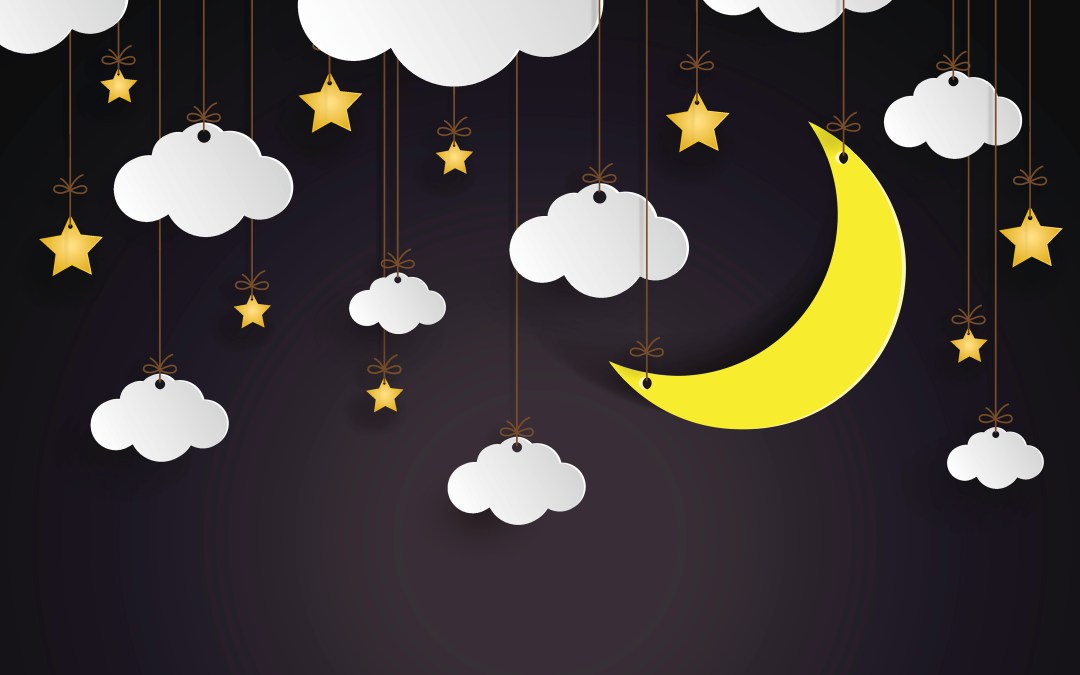Using light to improve your sleep
Leading expert in women’s wellbeing Henrietta Norton helps us find the best ways to nourish ourselves to improve our sleep

4 minute read
The hormone melatonin plays a major role in our sleeping and waking cycles, and its production is controlled by exposure to light. This means that, as it starts to get dark in the evening, or we are exposed to less light, melatonin secretion rises to assist us in feeling tired, eventually helping us to fall asleep. Conversely, in the morning when we wake up, exposure to light shuts down melatonin production, so we can stop feeling sleepy and get out of bed.
One of the most common symptoms associated with melatonin deficiency is not feeling sleepy enough to wind down and go to bed. Modern living, diet and low levels of certain nutrients can all influence how well we are able to produce melatonin when we need it.
Even if you do not have issues around sleep, melatonin plays other significant roles in the following areas of health:
- The timing and release of female reproductive hormones, particularly for ovulation in women. Therefore, it’s essential for healthy fertility.
- The rate of internal ageing.
- Disease development.
- How we experience jet lag.
- Low levels are linked to mood disorders and depression.
Melatonin is synthesised in the body from another hormone, or neurotransmitter, called serotonin – often best known as the ‘happy hormone’. If we go further back along the human biochemical pathway, we actually require nutrients, such as iron and B vitamins, to turn serotonin into melatonin. This is why it’s helpful to include these nutrients in your daytime routine, as they assist with how we should naturally feel before bed.
See the light for a good night
Here are three methods to regulate our melatonin levels by changing our lifestyle…
1. Reduce pre-sleep stress
The first third of our sleep is the most restorative. To best support this, experts recommend reducing pre-sleep stress: turn down bright lights; limit social interaction that can wake you up, such as talking on the phone, writing emails or using social media; relax in a bath or have a hot milk drink; try magnesium or ashwagandha, clinically proven to lower stress levels by balancing the stress hormone cortisol.
2. Cut out blue light
Light of any kind affects the rise of melatonin, but research shows that blue light has the most negative impact. Blue light is emitted from the screens of devices, such as phones, laptops, tablets and television. Protect yourself from this by either avoiding those devices or by wearing special indoor glasses that can be bought online and will be labelled as ‘blue light blocking’. Wear them from around 7pm for any duration of screen use, even if it’s five minutes on your phone.
3. Increase exposure to natural light
If you are experiencing sleep issues, experts suggest trying to change your body clock to fit better with natural circadian rhythms of rising with the light and going to bed earlier. Invest in blackout blinds to keep streetlight out of your bedroom and, as soon as your alarm goes off in the morning, open the curtains to allow light to flood into your eyes, to suppress melatonin production and help you wake up.
This is why, during the darker winter months, some people invest in special lamps that mimic dawn light and progression to daylight.
Henrietta Norton is a nutritional therapist, women’s wellbeing writer and co-founder of food-grown supplements brand Wild Nutrition.
Image: Getty








